It is expected that in June 2024, the European Commission (EC) will visit Vietnam for the fifth on-site inspection on illegal, unreported and unregulated (IUU) fishing to consider removing the “yellow card” warning for Vietnamese seafood. These days, Thai Binh and 27 coastal provinces and cities are focusing on implementing synchronous solutions to fight the “red card” and regain the “green card” for the seafood industry.
Provincial Border Guards disseminate regulations on combating IUU fishing to fishermen.
2017 was a very difficult year for the Vietnamese seafood industry when the European Commission (EC) issued a warning against illegal, unreported and unregulated (IUU) fishing. Over the past 6 years, ministries, central and local agencies, including Thai Binh province, have made many efforts to overcome this. However, the fear of changing the warning color to red is still present when the recommendations have not been thoroughly resolved.
The program against IUU fishing was issued by the EC in 2008 and has been effective since 2010 to prevent, deter and eliminate all illegal fishing activities. Normally, countries that fish illegally in IUU will be fined with a "yellow card" warning within 6 months. In case these countries do not have appropriate remedial measures, they risk receiving a "red card", which means a long-term ban on exporting seafood to the European market. On October 23, 2017, the EC decided to "withdraw the yellow card" for Vietnamese seafood due to violations of the principles in the program against IUU fishing. However, the EC's working group has visited Vietnam four times to inspect the implementation of the program against IUU fishing, warning that the "yellow card" for Vietnam has not been removed because there are still many shortcomings.
Present at Tan Son fishing port (Thai Thuy) when fishing boats were waiting to dock after a trip at sea. Through the story with fishermen here, we learned that thousands of local workers spontaneously follow the seafaring profession, "from father to son", so there is always the risk of natural disasters, unstable fishing output, and frequent fishing in the wrong areas.
Having been attached to the sea for decades, Mr. Le Van Tra, Thai Thuong commune, said: Thai Thuong people in particular and many coastal communes and towns of Thai Thuy district in general mainly live on the sea and rely on the sea. Many years ago, fishing boats exploited freely, leading to a sharp decrease in fishing output, many small-capacity fishing boats fishing near the shore had to return empty-handed, not enough to cover labor and material costs. Many boat owners did not want to or could not go offshore, but many people ignored the danger, risking going further to find seafood sources in the hope of improving output. Going to further seas always has potential dangers, especially for small-capacity boats.
The situation of fishing based on experience, habits, and not following regulations by fishermen in the sea areas not only leads to the risk of depleting aquatic resources but is also one of the causes of violations of the Fisheries Law and regulations on combating IUU fishing. Due to the awareness of many ship owners and crew members, the situation of not keeping fishing logs according to regulations is also common. The logs become memoirs, which, according to the ship owners' explanation, the fishing process has been saved on the journey monitoring device; moreover, ships only focus on fishing to ensure income, not realizing the necessity of keeping fishing logs.
Authorities conduct administrative inspections of fishing boat owners at Cua Lan fishing port (Tien Hai).
With 52km of coastline, this is the potential and strength for Thai Binh to develop seafood exploitation. Implementing the central government's directives on a number of urgent tasks and solutions to overcome the EC's warnings on combating IUU fishing, up to now, the province has not detected any fishing vessels or fishermen violating foreign waters or being arrested by foreign authorities. The control of fishing vessels entering and leaving fishing ports and wharves as well as the enforcement of laws in the field of fisheries have been strengthened. The province currently has 715 fishing vessels operating in seafood exploitation, 100% of fishing vessels are marked according to regulations; 99.4% of fishing vessels are granted food safety certificates and installed with equipment to monitor fishing vessel journeys according to regulations; 100% of fishing vessels with a length of 12m or more are inspected and granted technical safety certificates. However, at the inspection of the results of the implementation of anti-IUU fishing in Thai Binh in early 2024, the Ministry of Agriculture and Rural Development pointed out a number of shortcomings and limitations that need to be urgently overcome. In particular, the situation of fishing vessels losing connection to the voyage monitoring device (VMS) is high. From January 1 to March 28, 2024, the whole province had 135/57 fishing vessels with the longest length of 15m or more losing connection for more than 6 hours at sea and more than 10 days at sea. Verifying the cause of the loss of connection due to the supplier's transmission line or battery failure, the Department of Fisheries Control, Ministry of Agriculture and Rural Development assessed that the fishing vessels had installed VMS equipment but did not maintain it, causing difficulties in the control of the management agency, especially the control of vessels entering and leaving designated ports - one of the mandatory regulations for vessels over 15m, according to the 2017 Fisheries Law.
Implementing Plan No. 30/KH-UBND, dated February 6, 2024 of the Provincial People's Committee on implementing the peak period against IUU fishing, the Department of Agriculture and Rural Development - the standing agency of the Provincial Steering Committee against IUU fishing, organized a field inspection of the implementation work in two districts and coastal communes and towns. Many limitations were pointed out such as not monitoring the output of aquatic products in accordance with the process; the control of fishing vessels entering and leaving fishing ports was not ensured; fishing vessels violating the law did not have VMS signals but still confirmed the certification for the vessels to go fishing. In communes with fishing vessels, the management of vessels was not strict, and there was no handling and reporting of handling results for fishing vessels violating the law that lost VMS connection for more than 6 hours and more than 10 days at sea...
It is expected that in June 2024, the EC will visit Vietnam for the 5th on-site inspection on combating IUU fishing to consider removing the "yellow card" warning for Vietnamese seafood. Although the number of fishing vessels exploiting seafood in the province is not large, the EC delegation will randomly select 28 coastal provinces and cities for inspection. With the spirit of "Just one vessel or one locality that does not comply with the EC's recommendations can affect the process of removing the IUU yellow card" as emphasized by Deputy Minister of Agriculture and Rural Development Phung Duc Tien at the working session with the province, from now until June 2024 is the golden time for Thai Binh to make efforts to overcome shortcomings and limitations, and join hands with the whole country to remove the IUU "yellow card".
Fishermen's boats go out to sea to catch seafood.
(continued)
Manh Thang - Luu Ngan
Source


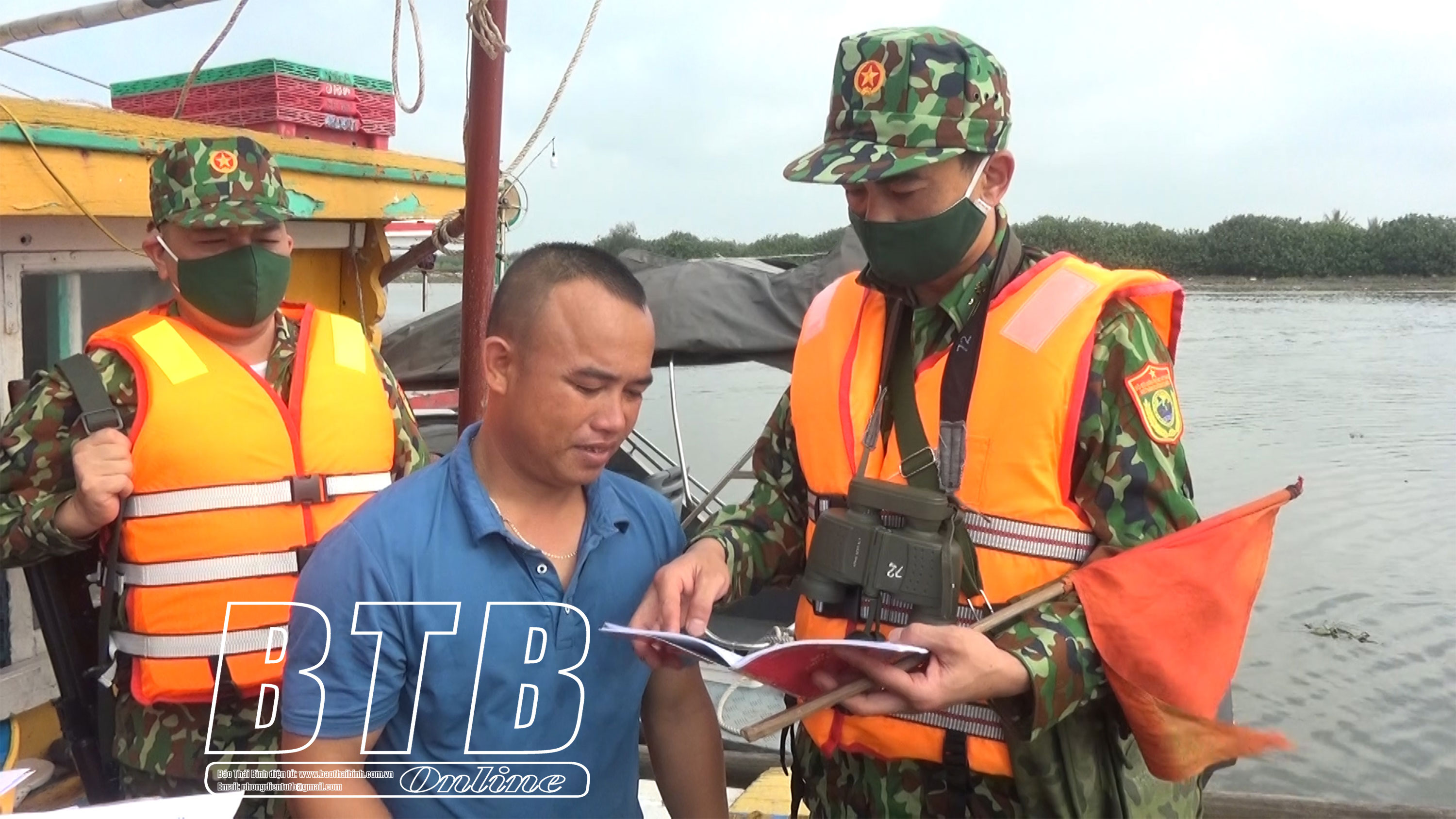
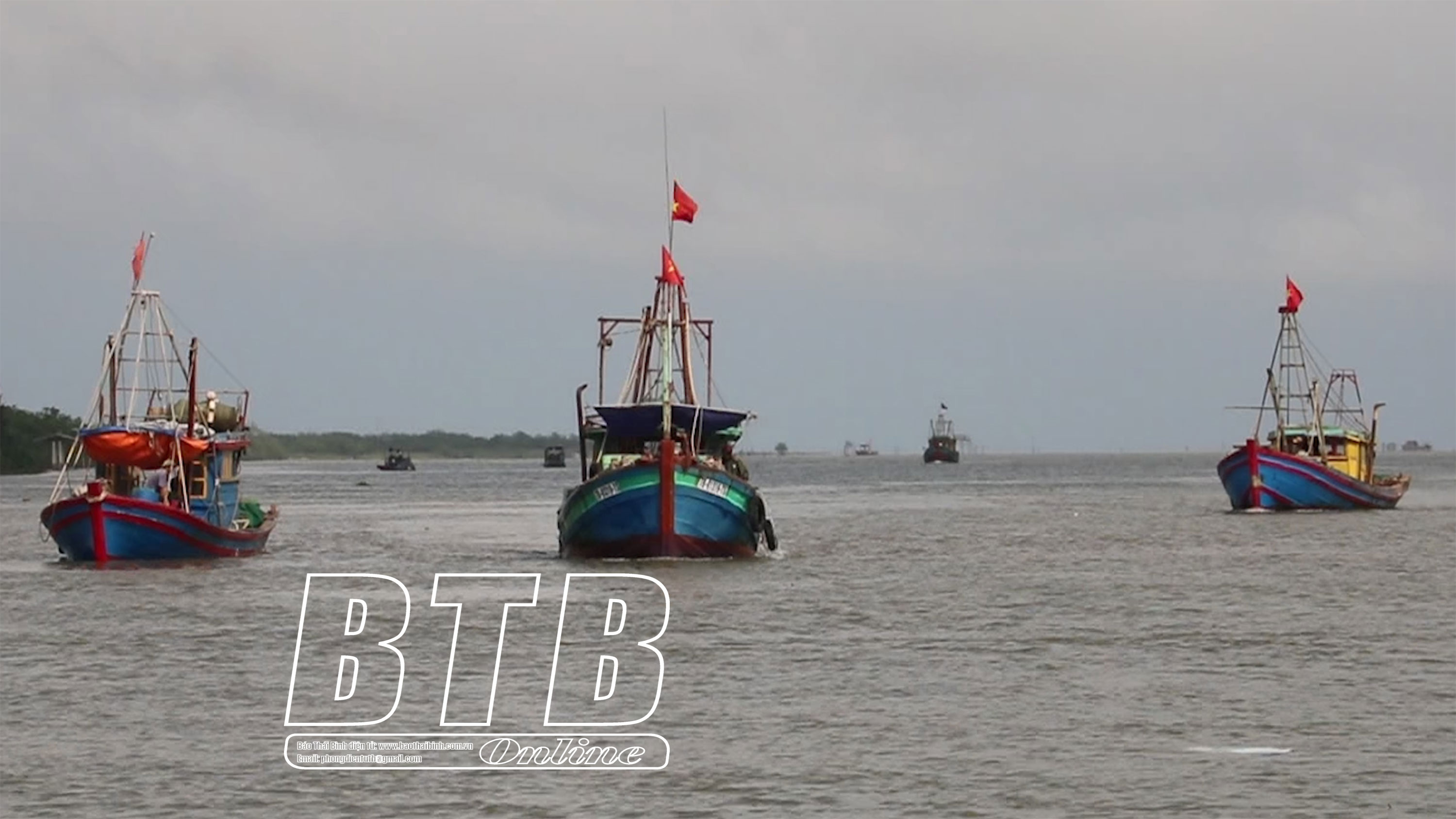
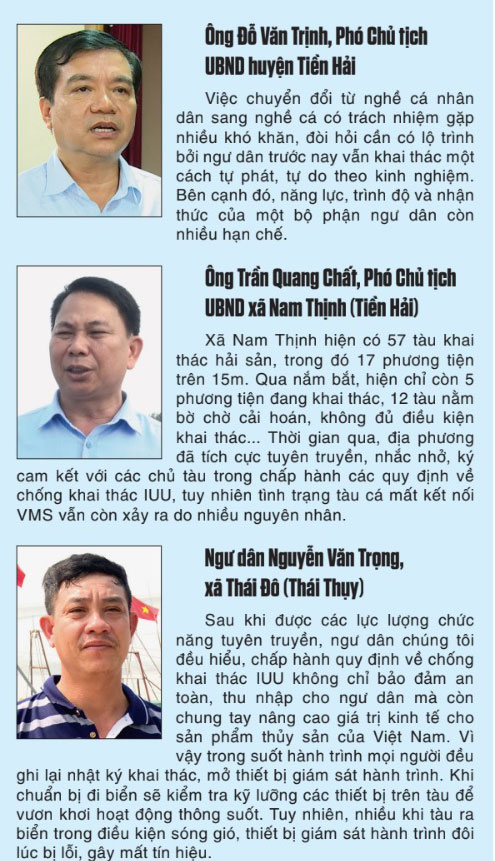


















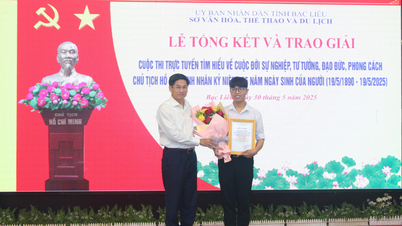
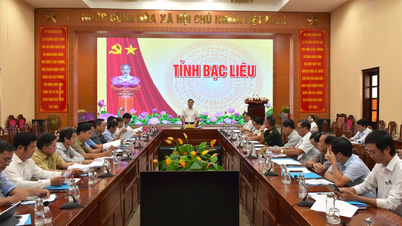









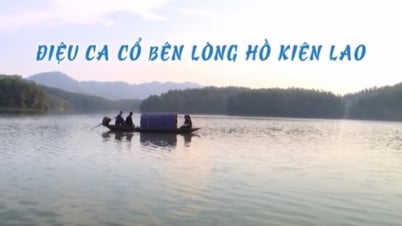





























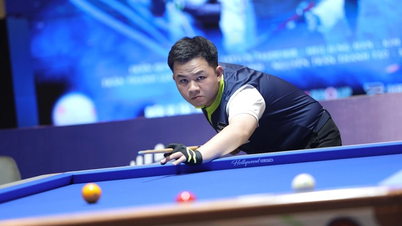












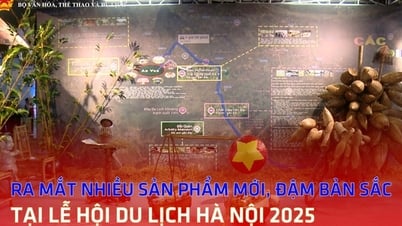
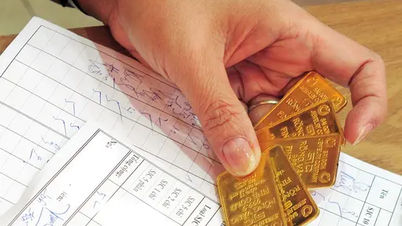

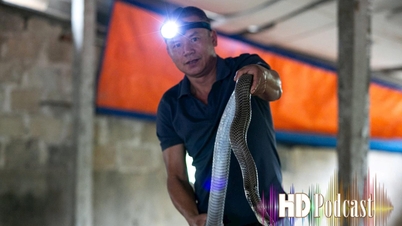



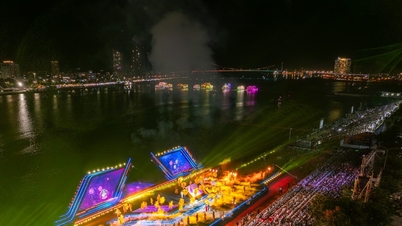

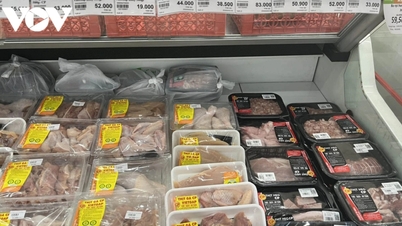
















Comment (0)